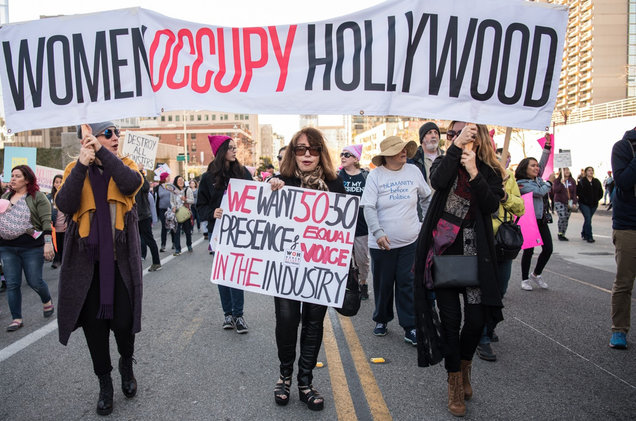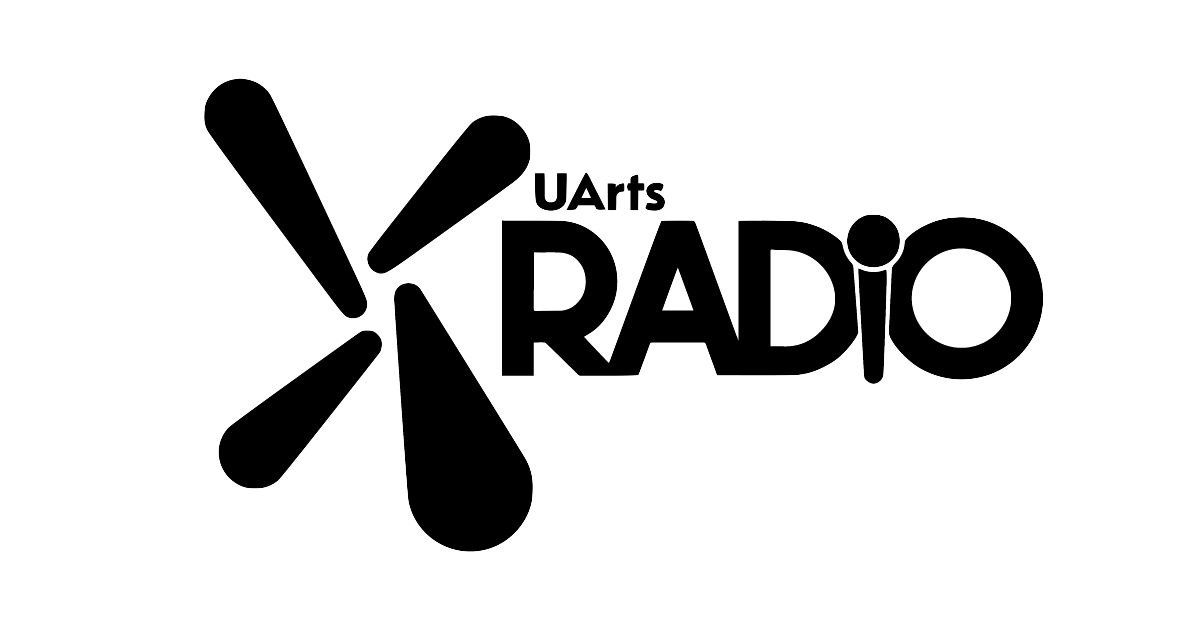What follows is a generalization of the extent of the conversation about the extreme lack of gender diversity in the music industry:
Person A: “Why aren’t there more women in this the industry?”
Person B: “Well they’re just not applying.” By now, we should know that that’s not enough of an answer.
There is no argument against the lack of gender diversity in the music industry. Of Billboards 2018 “Power 100” list of major forces in the music industry, 17% were women. The few women who have been able to make waves in the industry have all told stories of discrimination and dismissal, and in recent years, the #MeToo and #TimesUp movements have given women space to speak on this injustice within the entertainment industry, yet the problem persists. A noticeably misguided billboard article released earlier in the year (“Where Are All the Female Music Producers?”) discusses this, citing Linda Perry, one of the few notably successful female producers in the major music industry,kind of pitifully admitting “I just don’t think there are that many women interested.” There’s a long list of troubling quotes in this article, perhaps the most telling of the problem of article as a symptom of the continued inequality within the industry being; “It’s interesting that a lot of female artists have this feminist message and they’ll make their record with all men. It seems kind of hypocritical.”
This exposes an often overlooked pillar of the problem at hand. Despite the clear continued existence of an unbalanced power structure, many of those in power believe that women granted equal opportunity, so when they speak on their inequality, they are found to be solely responsible. Women are expected to take power and success as easily as men, despite men having almost all existing power. Why do we not criticize men for having only men on their teams? The answer is that they are not expected to bear the weight of fixing the problem they are complicit in.
Of course, this is not to say that all men are evil misogynist caricatures, but that part of acknowledging one’s privilege is working to subvert it.The problem in the “There just aren’t that are trying” argument is that it shirks any sort of accountability. People seem care about this issue to speak when it is presented to them, but not enough to seek out solutions for it on their own. It is not only the responsibility of women to solve issues of gender equality in the industry. Those in a position of power have an obligation to actively seek out women and work to make space for them.
The music industry has continued to be a bountiful industry for privileged men, not because women and other marginalized groups are trying, but because they aren’t being recognized for the work they’ve done. Knowing this to be true, and knowing that once a space is made for women and other marginalized groups, they have to work twice as hard as their peers to get the same recognition, a responsibility lies on those with privilege to help balance out that unfortunately familiar unfairness. Whenever this is brought up there’s always complaints of possible tokenism, yet, anecdotally, there are an insane amount of underqualified men being granted recognition and positions they don’t deserve. Why don’t women get opportunities to grow and learn in place of them? If any voice is to be taken under a wing and given room to make mistakes and grow, why not let it be voices that have yet to be heard and respected in the industry?
As the political climate grows more turbulent, we don’t have time for people who half-care about issues like these. If someone, as a person in a known position of privilege, is not willing to be active in their pursuit of equality, they are in the way.

